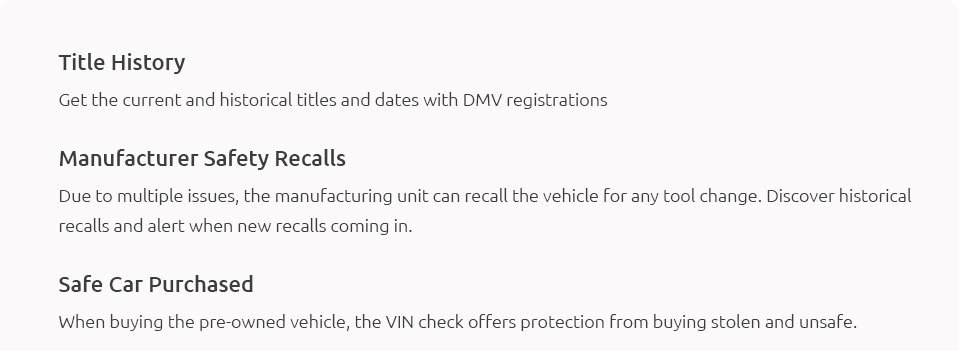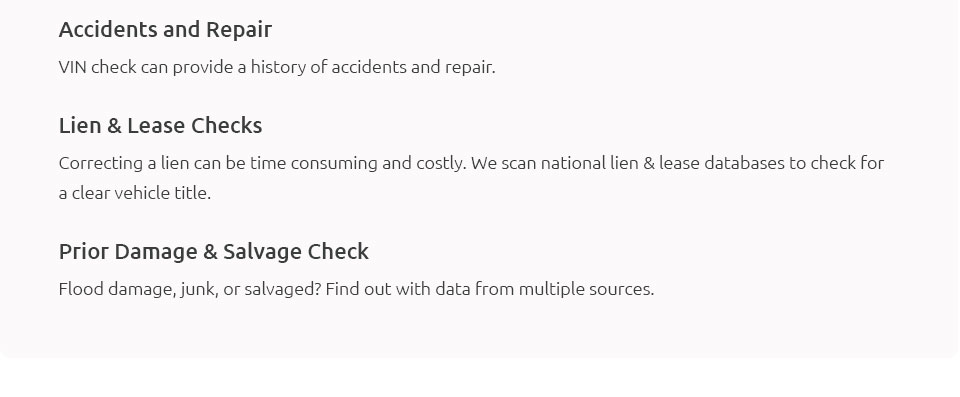 |
 |
 |
||
 |
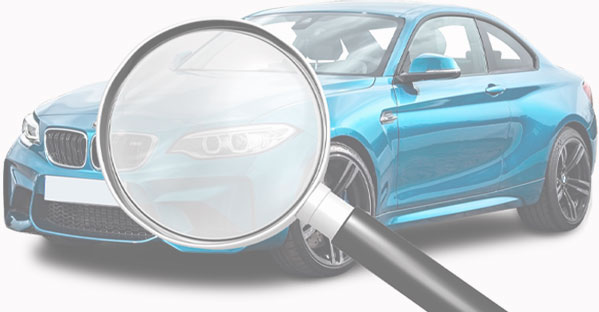 |
|
 |
||
 |
 |
 |
 |
||
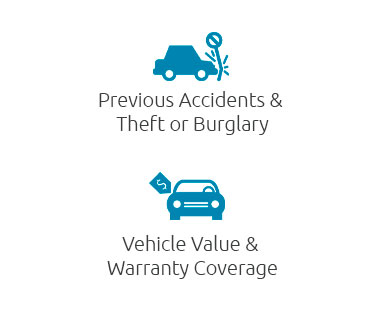 |
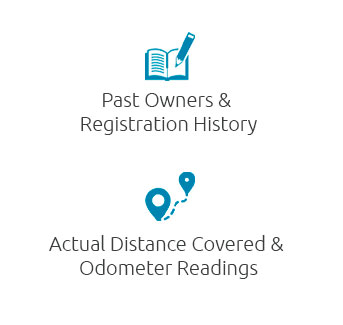 |
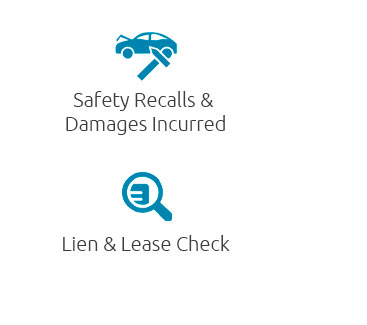 |
 |
 |
||||
|
||||
 |
|
g1lxc8wb5ns Exploring the Intricacies of Searching a Person by License PlateIn today's world, where technology intertwines with our daily lives, the concept of finding a person by their license plate is a topic of intriguing complexity and ethical consideration. As vehicles glide through city streets, rural highways, and suburban lanes, each license plate serves as a unique identifier, akin to a digital fingerprint for automobiles. But what does it really mean to search for someone using this alphanumeric code? The idea might seem straightforward at first glance. However, the nuances are as varied as the landscapes vehicles traverse. On one hand, the capability to search by license plate can be a powerful tool for law enforcement agencies. They often rely on this method to track down stolen vehicles, solve hit-and-run cases, or even unravel complex criminal networks. In such instances, the necessity of this capability is underscored by the imperative of public safety and justice. On the other hand, the average citizen's quest to find a person using a license plate number treads a delicate line. The reasons can range from the benign, such as wanting to thank a stranger for a random act of kindness, to the more concerning, such as personal vendettas or stalking. This raises an important question: where do we draw the line between public information and personal privacy? In many jurisdictions, access to such information is strictly regulated. Privacy laws, designed to protect individuals from unwarranted intrusion, often limit the availability of personal details linked to a license plate. Some regions allow limited access through official channels, requiring a legitimate reason and often a formal request process. This brings us to the ethical dimension of the discussion, where opinions diverge on the balance between privacy and transparency. The advent of technology has added another layer to this discourse. With the rise of automated license plate readers (ALPRs), the ability to scan and store data on vehicle movements has increased exponentially. This technology, while beneficial for tracking and security, also amplifies concerns about mass surveillance and data misuse. It raises the pivotal issue of who holds the keys to this treasure trove of information and how it is wielded. For the curious mind or the conscientious citizen, it's vital to ponder these considerations. The allure of technology and the pursuit of information must be weighed against the fundamental rights of individuals. In a society where information is power, the mechanisms of access and control must be scrutinized and debated.
Ultimately, the search for a person by license plate is more than a technical query; it is a reflection of our values and the kind of society we wish to cultivate. As we navigate the roads of the future, the direction we choose will shape the landscape of privacy and freedom for generations to come. https://help.verkada.com/en/articles/4443538-people-and-vehicle-history-search
If you have Verkada License Plate Recognition (LPR) cameras installed, you can use the All License Plates and License Plates of Interest tabs. In Verkada ... https://www.lookupaplate.com/arizona/
You can also fill out the following form and either mail it or bring it MVD office in person. https://infotracer.com/plate-lookup/arizona/
Free online tool for license plate number lookup in Arizona. Conduct an anonymous AZ license plate lookup and get instant vehicle owner information online.
|

